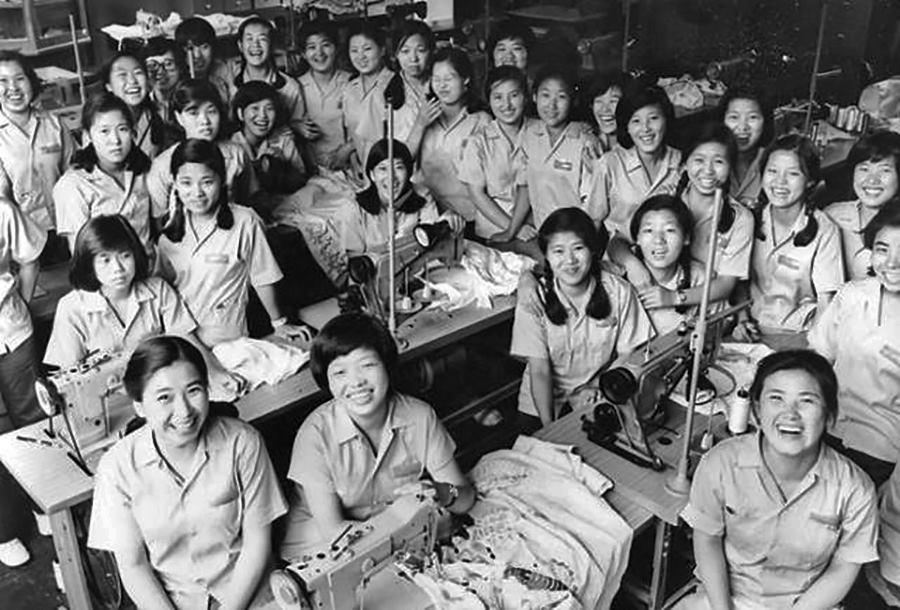In the Korean music charts, there is a noticeable name: ‘Lim Young-woong.’ However, despite his high rankings, many people in their 20s or younger are not familiar with his songs. They might recognize his name but may not actively listen to his music. So, how does he manage to achieve high ranks on the music charts?

The key lies in the fandom of Korean people in their 50s and older, especially among female fans. Trot is an old Korean music genre, similar to Japan’s enka. Older generations might not understand the trendy idol music. English lyrics, straightforward messages, fast raps, and flashy performances may not match their preferences. They appreciate songs that convey life’s joys and sorrows and express them like beautiful poetry. Among such genres, trot is more classical and traditional.
People in their 50s, 60s, as well as those in their 80s and 90s, enjoyed trot music. In the 1990s, music programs often featured young idols and trot singers together. However, over time, the age demographic consuming music shifted younger, and older generations felt left out, causing the popularity of trot to wane.
In recent years, the popularity of trot in Korea has skyrocketed. As younger people turned to YouTube or OTT platforms and the majority of TV viewers became older, broadcasting companies targeted the 50s and above demographic with trot competition shows. These shows became massive hits.
The retired seniors, with abundant time and leisure, displayed unwavering loyalty to the new trot stars. They passionately cheered and supported these emerging trot singers as if they were their own children. In reality, Lim Young-woong is one such star born in this atmosphere.
Most of Lim Young-woong’s fandom consists of middle-aged and older women who belong to a generation that was severely neglected during Korea’s industrialization era. From a young age, support within families was mostly directed towards sons, while daughters were expected to contribute to household labor. Even after marriage, these women continued to support their husbands and took on almost all the domestic duties. In fact, they did much of the work even though they were not regular employees.

Now, all these women are in their 50s or above. Their children have grown up, and they have aged. These individuals who never really had the opportunity to pursue their own interests and preferences wandered through life. As a result, trot provided a sense of solace to them. Lim Young-woong’s song lyrics comfort their hearts, saying, ‘The person who supported me, who was lacking and poor, by my side, now, I will be your umbrella.’ These lyrics are soothing, resonating with their hearts, even when their closest family members may not fully understand their emotions.
Interestingly, in old Korean households, especially among men, expressing emotions was not common. There was a perception that showing emotions, particularly love, was not masculine and was considered weak. Thus, even within families, it is not uncommon to seldom hear the phrase ‘I love you.’ Nevertheless, people have emotions and desire to share and be understood. As expressing emotions verbally may not be familiar to them, they find an alternative way to do so through song lyrics. Songs become a means to express their feelings honestly and openly. Trot genre, being deeply rooted in Korean sentimentality, effectively utilizes this aspect.
Some people criticize and ridicule middle-aged Korean women who enthusiastically support Lim Young-woong and other trot stars. However, perhaps these women are now reliving their lost teenage years, once overshadowed and abandoned, and embracing themselves. Can we really mock them?